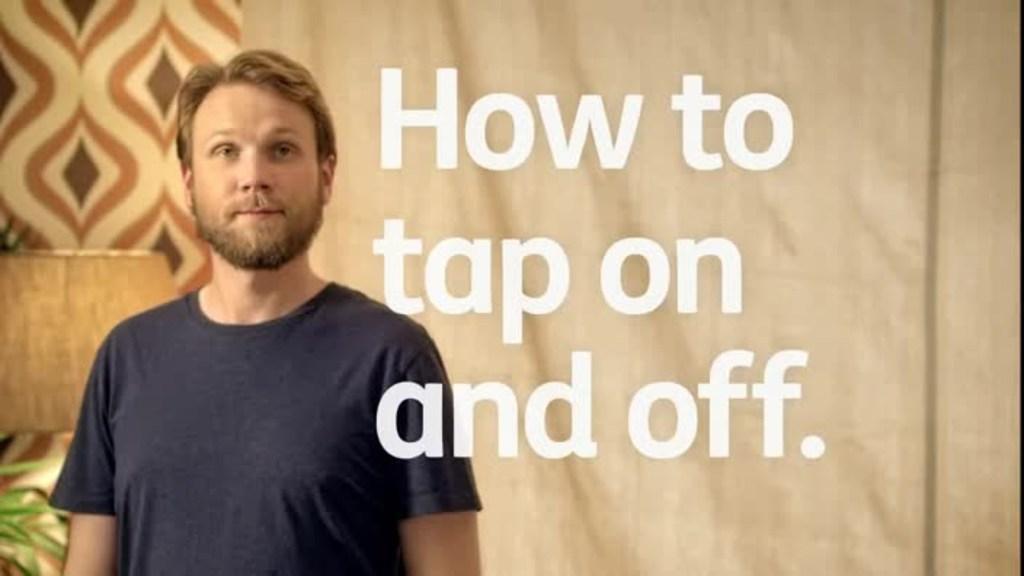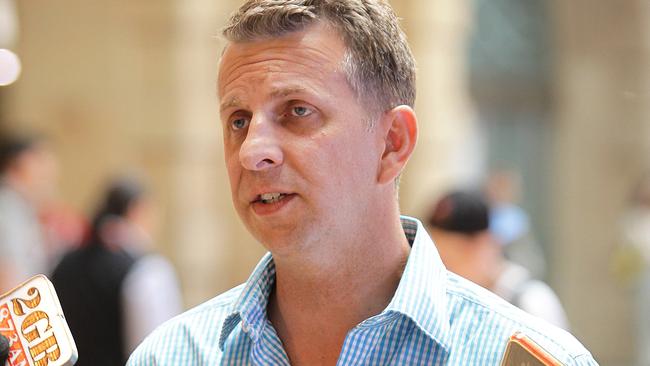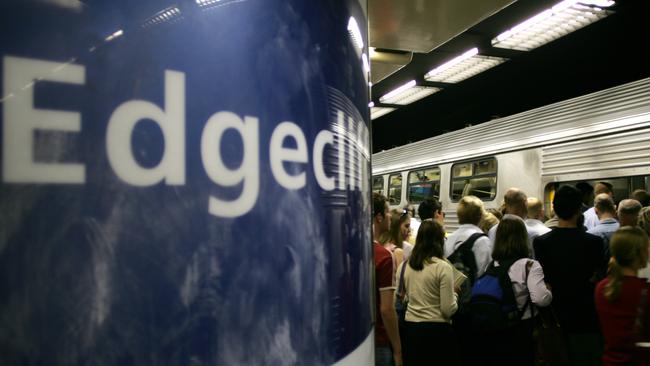NSW Government confirms changes to Opal travel smartcard
THE free-travel perk so many Australian commuters have been using will soon be a thing of the past.

THE free-travel perk enjoyed by hundreds of thousands of NSW commuters will soon be a thing of the past.
The NSW Government announced on Wednesday they will fully implement the Independent Pricing and Regulatory Tribunal’s (IPART) recommendations to axe no-cost travel for Opal card users after eight journeys have been completed in a week.
From September, Opal holders will pay for all their journeys. But after they have used trains, trams, buses or ferries eight times in a week any new travel will be come with a half price discount.
It’s a move that the regulator warned would see frequent commuters shelling out 20 per cent more on travel as the popular weekly travel reward is axed. The Greens said the reward’s withdrawal was “short sighted”.
But in a case of taking with one hand and giving with the other, people whose journeys involve changing modes — from say a bus to a train — will pay less with a deduction of $2 on the second and any subsequent trips made in a one hour period.
Fares in NSW have also been frozen until mid 2017.
“Today is a monumental shift towards making interchange cheaper on public transport, and making the entire system fairer,” NSW Transport Minister Andrew Constance said on Wednesday.
“We want to see greater integration on the transport network as we invest billions in the Metro, light rail, new rapid bus lines and modern trains and ferries.”

$300M IN LOST REVENUE
The minister also flagged further alterations to Sydney’s bus network little more than six months after the biggest change to buses in the city’s CBD in decades to make way for a new light rail network.
Currently, NSW commuters don’t pay a cent for fares after they’ve completed eight journeys in a week. But a report by IPART, released earlier this month, recommended the perk be axed.
The Opal fare loophole leads to $300 million in lost revenue as people take advantage of free journeys. Passenger fares, IPART said, only covered a quarter of the $4.8 billion annual cost of providing public transport, the rest coming from taxpayers.
Mr Constance said revenue from fares now covered “well below 20 per cent” of the cost of public transport in NSW and was only used by 30 per cent of travellers.
“Were giving away $300m of free travel at the moment. We’re still going to be able to incentivise people with discounts after eight trips but at the same time it can’t continue given the loss we experience in terms of revenue.”
Greens NSW MP and Transport spokeswoman Dr Mehreen Faruqi disagreed and said the Weekly Travel Reward’s removal would serve as a “disincentive to use public transport,” especially on weekends.
“This is an incredibly shortsighted move from the government. People who are dependent on public transport rely on this rule for transport affordability.
“This is a step backwards and a fifty per cent discount is simply not enough,” she said.
Single and return fares will remain at current levels until July 2017 while daily, weekly and Sunday fare caps will also stay as now.
The introduction of a $2 ‘transfer discount’, from September 5, would cut fares for commuters who have to change during the journey, said Mr Constance.
Regular travellers using a bus and train to travel from Northmead to the city 10 times per week would save more than $10 a week. While the popular journey from the CBD to Bondi Beach would cost $12 less, for 10 trips, with the new discounts.

CHANGES TO BUS SERVICES
But making it cheaper to change from one mode to another could lead to changes in the network as the Government uses the fare reforms to push people onto trains at major interchanges.
“What’s the point of running a bus along an existing rail corridor, which is what we‘re doing at the moment, duplicating services, when we can incentivise people to use a bus and then a train?,” asked Mr Constance.
He singled out bus services from Edgecliff, in the city’s east and Epping in the northwest, to the CBD, as ripe for change. However, he would not confirm when the bus changes would take place.
Passengers in southeast Queensland have a similar travel reward to NSW but only after nine trips a week. Myki users in Melbourne have free travel early in the morning and a daily fare cap of $7.80, significantly less steep than the $18 proposed in NSW. However, Victorians have no weekly travel reward.
In March, the NSW Government closed down another popular, but more laborious, loophole that allowed people to reach their free trips faster and more cheaply.
Dubbed “Opal running”, people tapping their cards at different but nearby stops many times in quick succession would soon get to the magical eight trips but with the lowest fare.
Sneaky travellers had been jumping off the bus and back on another to score extra journeys, or taking short trips to increase their tally in the public transport ticketing system.
benedict.brook@news.com.au




